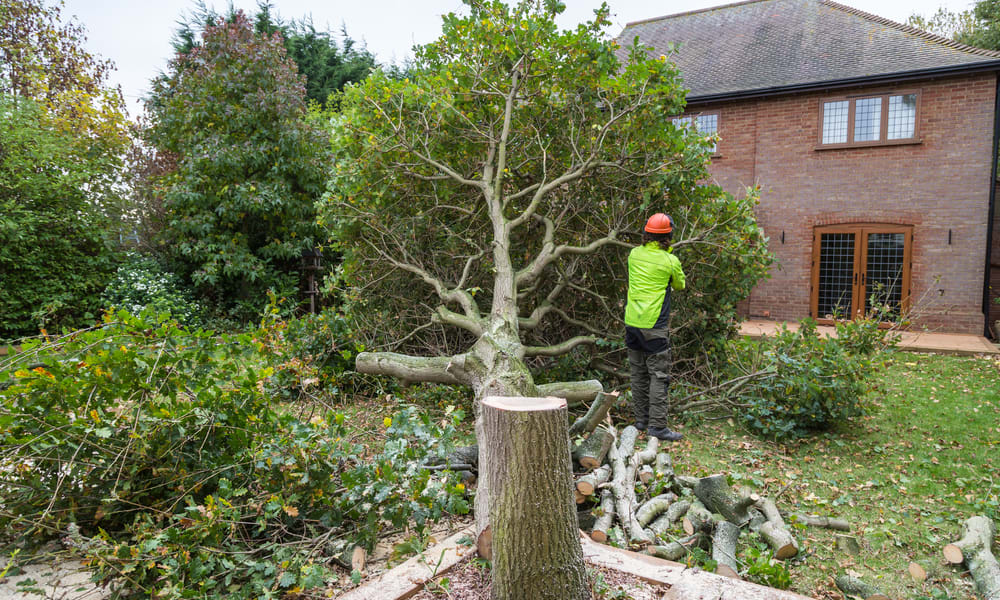How Much Do Window Contractors Cost? A Complete Guide to Pricing
Replacing or upgrading your windows? Hiring a window contractor involves more than just picking a style. From materials to installation methods, several factors influence the final cost. Here’s what you should know about window contractor pricing before starting your project.

What Factors Affect Window Contractor Costs?
Window replacement costs vary significantly based on several key factors. The window style and material you select will substantially impact your overall budget. For example, vinyl windows typically cost between $200 and $800 per window, while wood windows range from $300 to $1,200 each. Energy-efficient options with features like low-E coatings and argon gas filling will increase costs but offer long-term energy savings. Additionally, custom-sized or uniquely shaped windows require special manufacturing processes that add to the price. The complexity of your installation also matters—replacing windows in older homes or installing windows where none existed before typically costs more than standard replacements.
Average Window Replacement Cost Breakdown
The total cost of window replacement includes more than just the windows themselves. Labor typically accounts for 20-40% of your total project cost. Professional window contractors charge between $30 and $65 per hour, with most installations taking 1-2 hours per window. The size of your project affects pricing as well—contractors may offer volume discounts for larger jobs involving multiple windows. Permit fees range from $50 to $200 depending on your municipality, and disposal fees for old windows can add another $25-$75 to your project. Some contractors include these fees in their quotes while others list them separately, so it’s important to ask for clarification when comparing bids.
How to Find and Evaluate Window Contractors
Finding reliable window contractors requires research and due diligence. Start by asking for recommendations from friends, family, and neighbors who have recently completed window projects. Online directories and review platforms like HomeAdvisor, Angie’s List, and Yelp can provide additional options. When evaluating potential contractors, verify their licensing, insurance, and certifications—particularly manufacturer certifications that indicate specialized training. Request detailed written estimates from at least three contractors to compare pricing structures, warranties, and timelines. Pay attention to how thoroughly they assess your home’s needs during the initial consultation, as this often reflects their level of expertise and attention to detail.
Standard vs. Premium Window Installation Services
Window contractors offer varying levels of service that affect their pricing. Standard installation services typically include basic removal and replacement of existing windows, minimal trim work, and standard cleanup. Premium services might include enhanced weatherproofing, custom exterior trim work, interior finishing touches, and extended warranties. While premium services cost more upfront—often 20-40% above standard installation prices—they can provide better long-term value through improved energy efficiency and durability. The quality of materials used for flashing, insulation, and sealing also varies between standard and premium installations, affecting both performance and longevity.
Window Material Options and Their Cost Impact
Your choice of window material significantly influences both installation and long-term costs. Vinyl windows represent the most affordable option, with prices starting around $200-$500 per window installed. They offer good insulation and require minimal maintenance but have a shorter lifespan than premium materials. Fiberglass windows cost approximately $500-$1,000 per window installed and provide excellent durability and thermal performance. Wood windows, priced between $600-$1,300 per window installed, offer classic aesthetics and good insulation but require regular maintenance. Aluminum windows, ranging from $400-$650 per window installed, are durable and low-maintenance but offer less insulation than other materials. Composite windows combine multiple materials for enhanced performance, with prices from $500-$1,200 per window installed.
Real-World Window Contractor Price Comparison
When selecting a window contractor, comparing actual market rates helps set realistic expectations for your project. Below is a comparison of typical window replacement services from established providers:
| Provider Type | Basic Window Installation | Mid-Range Window Installation | Premium Window Installation |
|---|---|---|---|
| Local Independent Contractor | $200-$450 per window | $450-$700 per window | $700-$1,200 per window |
| Regional Window Company | $300-$500 per window | $500-$900 per window | $900-$1,500 per window |
| National Chain | $350-$600 per window | $600-$1,100 per window | $1,100-$2,000 per window |
Prices, rates, or cost estimates mentioned in this article are based on the latest available information but may change over time. Independent research is advised before making financial decisions.
Additional Costs and Considerations
Beyond the basic installation expenses, several other factors can affect your final cost. Structural repairs may be necessary if your window frames have water damage or rot, adding $100-$400 per window. Energy-efficient upgrades like low-E glass coatings add $30-$50 per window, while triple-pane glass increases costs by $100-$300 per window but provides superior insulation. Custom features such as between-glass blinds, decorative grids, or specialty hardware can add $50-$200 per window. During initial consultations, ask contractors to identify any potential complications that could increase costs, such as lead paint remediation in older homes ($200-$400 additional per window) or structural modifications for different window sizes.
How to Save on Window Contractor Services
While quality window installation isn’t cheap, several strategies can help reduce costs. Timing your project for the off-season (typically late fall through winter) can result in discounts of 10-20% as contractors compete for fewer available jobs. Replacing multiple windows simultaneously increases efficiency for the installation crew and usually leads to volume discounts. Many utility companies and government agencies offer rebates and incentives for energy-efficient window upgrades, potentially saving hundreds or even thousands of dollars. Finally, while DIY installation might seem tempting, improper installation can void warranties and lead to costly issues like water damage and energy loss—making professional installation the more economical choice in the long run.




